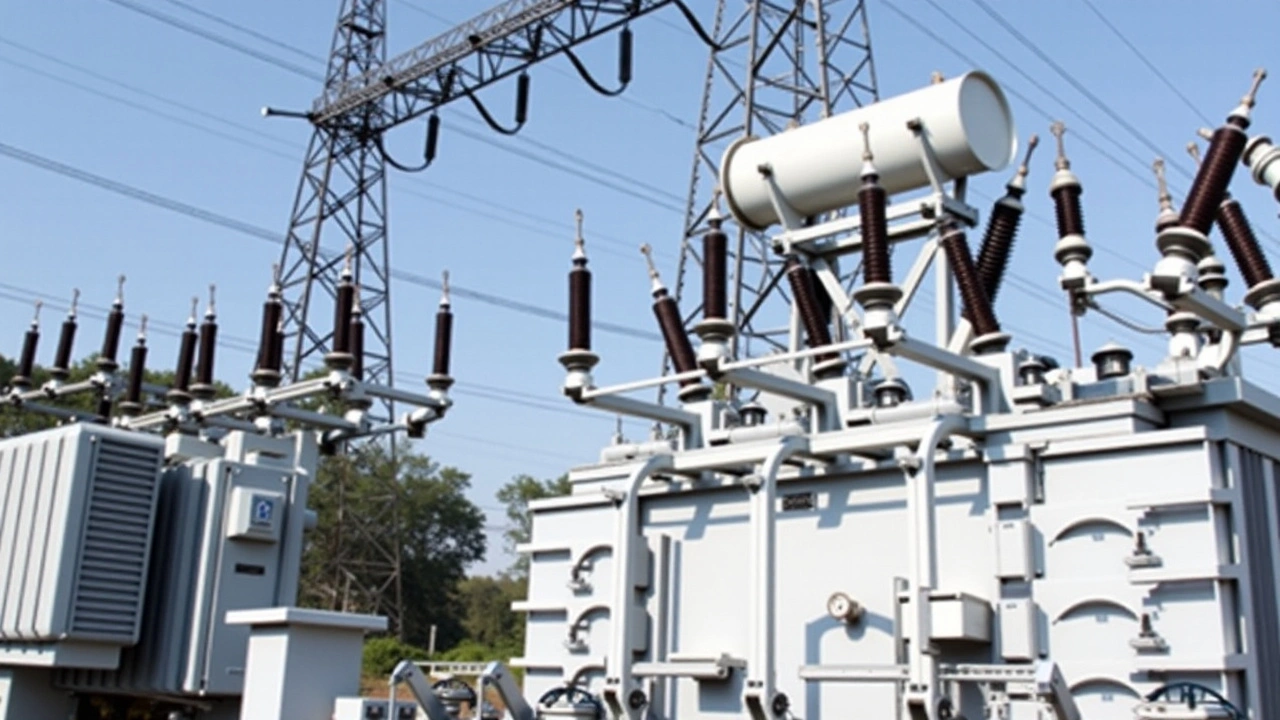In 2024, Nigeria's National Grid faced ten significant collapses, highlighting weaknesses in the country's power infrastructure. Each incident, from February's system failure to November's dual disturbances, has drawn attention to the multifaceted issues plaguing energy distribution and sustainability efforts. The frequency of these outages underscores the urgent need for investment and strategic reforms to ensure reliable electricity access across the nation.
Power Outage Updates – What’s Happening Across Africa
Power cuts are more than an inconvenience; they affect work, school and even health. In the past month several African countries have faced rolling blackouts, sudden spikes in demand and ageing grid infrastructure. Below you’ll find the most recent outage stories, why they’re happening and what you can do when the lights go out.
Why Are Blackouts Spiking Right Now?
Many nations are grappling with a mix of old power plants, limited investment and extreme weather. In South Africa, the utility Eskom has repeatedly warned of fuel shortages that force emergency load‑shedding. Meanwhile, Nigeria’s grid struggles with theft and overloaded transmission lines, especially during the hot season when air‑conditioner use soars.
Another big driver is the push for renewable energy. Solar and wind farms are great for the environment, but they need storage solutions. When the sun sets or the wind dies down, some countries haven’t built enough batteries, leading to temporary gaps that show up as blackouts.
Quick Tips to Stay Safe During an Outage
1. Keep a flashlight handy. A battery‑powered torch is safer than candles and lasts longer. Store extra batteries in a drawer you can reach quickly.
2. Unplug sensitive electronics. When power returns, a surge can fry phones, laptops and TVs. Pull the plugs now so you don’t have to scramble later.
3. Know your food safety limits. A full fridge can keep food cold for about four hours without power. If the outage goes longer, move perishables to a cooler with ice packs.
4. Stay informed. Follow local utility accounts on social media or radio stations for real‑time updates on when power might be restored.
5. Charge devices in advance. Keep a power bank topped up each night. Even a partially charged phone can be a lifeline for emergency calls.
While you’re waiting for the lights back, there are a few productive ways to use the downtime. Play board games with family, read a book you’ve been putting off, or take a short walk if it’s safe outside. Turning a frustrating situation into a chance to relax can help keep stress levels down.
Looking ahead, governments are drafting plans to modernise the grid and expand renewable capacity. In Kenya, a new solar‑storage project promises to cut load‑shedding by 30% over the next two years. Ghana’s recent partnership with China on new hydro plants aims to boost baseline supply and reduce reliance on expensive diesel generators.
For now, the best defence against unpredictable power cuts is preparation. Keep a small emergency kit with a flashlight, batteries, a charged power bank and some non‑perishable snacks. When the lights flicker, you’ll be ready to handle it calmly and keep everything running smoothly.
Stay tuned to Chicken Shack News for up‑to‑date power outage coverage. We’ll bring you the latest on why outages happen, which regions are most affected and how authorities are working to fix the problem. If you have a story about a recent blackout, drop us a note – your experience could help others stay safe.
